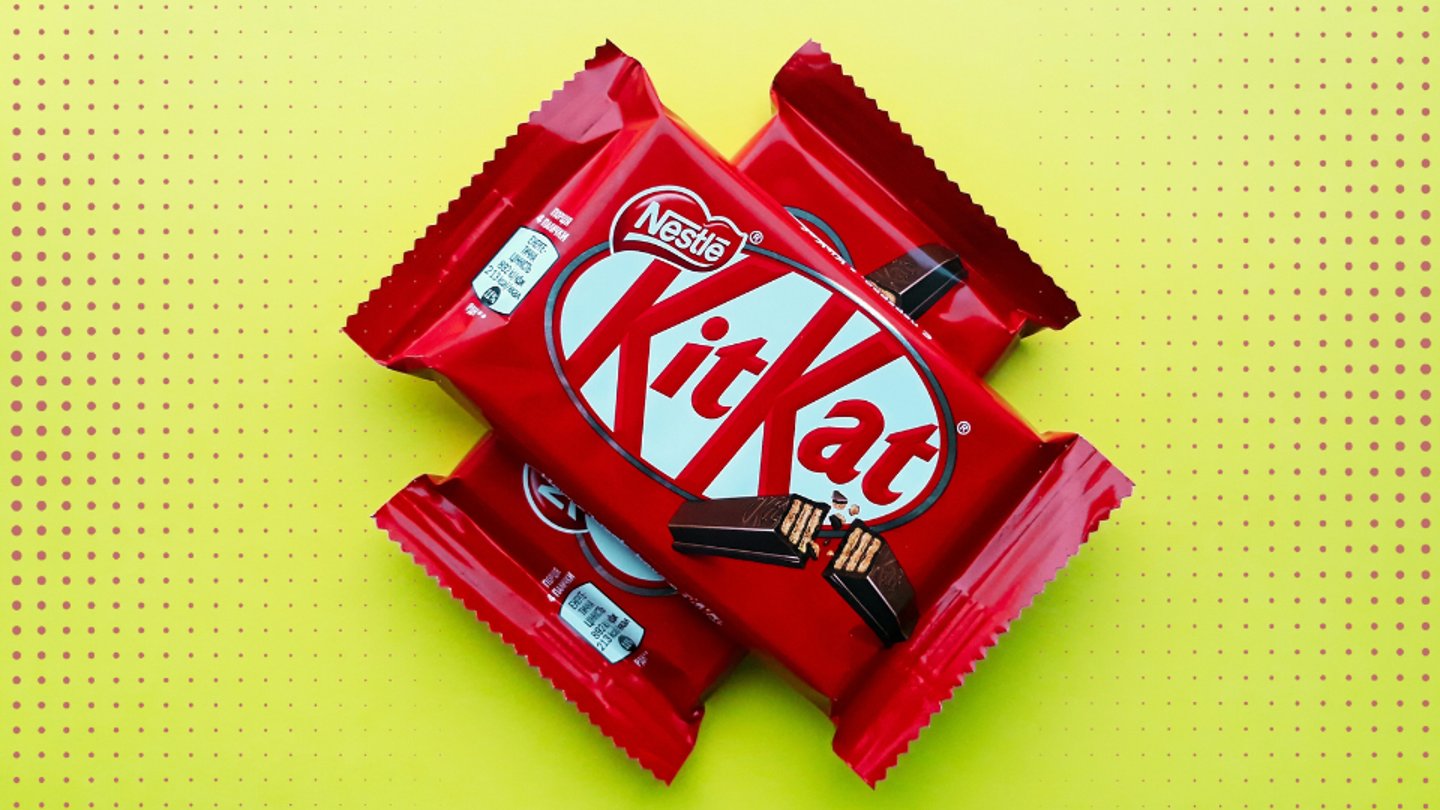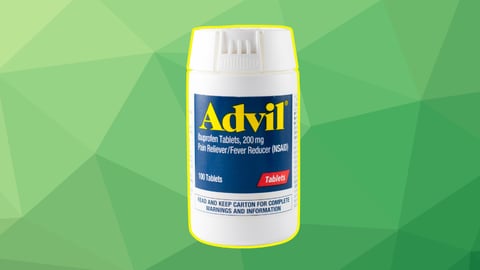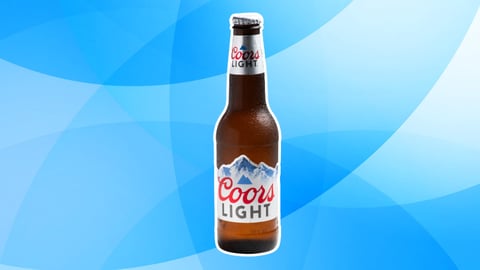Nestle Fuels Growth With AI Procurement, Consumer Feedback
Distribution is up, consumer engagement has increased and market share is improving for some of its underperforming businesses, according to Nestle. The company is largely attributing these improvements to its ongoing Virtuous Circle framework.
During recent earnings conversations, the company shared that it has been implementing end-to-end digital transformation and simplifying the organization as part of this overall effort.
“In doing this, we are leveraging Nestle's scale, single ERP core and our enterprise data foundations while expanding our AI platforms,” said CEO Laurent Freixe during the call with investors. “This will further support us in improving execution, allowing us to run the business with greater agility and precision.”
Also: Nestle develops gen AI tool to optimize sustainable packaging development
One particular area of focus has been procurement. Nestle has been using artificial intelligence to introduce new efficiencies within the invoice review process for e-auctions and for the deployment of global specifications catalogs.
“Looking ahead to the second half of the year and beyond, we will drive further procurement gains and start to deliver savings from operational efficiencies and improvements in commercial investments,” said Freixe, who added that the company is reinforcing its value proposition across four pillars: product superiority, value, visibility and brand communications.
Within the product superiority bucket, for example, Nestle is returning to more disciplined consumer testing.
Between 2022-2024, the company tested 60/40 taste preference in less than a quarter of its top-selling products that account for half of its sales. But by the end of the year, it plans to test two-thirds of these products — and 100% of them by this time next year.
Additionally, it is taking a more measured approach to monitoring online product performance, using a digital shelf score to track availability, discoverability and attractiveness to enable faster interventions and more consistent retail performance.
Also: Nestle looks to bolster food and beverage R&D with deep tech center
“All four pillars are being enabled and scaled through the use of data and technology, ensuring we drive precision, speed and measurable impact across the value chain,” said Freixe.
Nestle's Business Optimization Strategy
It's this approach, according to Freixe, that has resulted in turnarounds for underperforming brands. For Coffee-mate creamers in the U.S., for example, the company resolved capacity issues, adjusted pricing, increased innovation and reset shelves.
Next, Nestle plans to do a strategic review of its mainstream and value vitamins, minerals and supplements brands, including Nature's Bounty, Osteo Bi-Flex, Puritan's Pride and U.S. private label, to refocus and optimize. The company said this may result in the divestment of these brands.
Overall, the company has shifted its approach to innovation, now focusing on fewer, bigger bets (six in total annually) that it can scale much faster rather than taking an innovation to just a handful of markets over the first couple of years before expanding efforts.
Across its six big bets for 2025, Nestle had 65 market launches in the first half of the year, reaching $252 million in sales.






